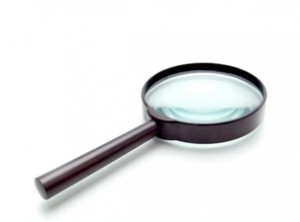 Serendipity can be a wonderful thing.
Serendipity can be a wonderful thing.
Some months ago, I signed up for all the Horizon 2020-related groups that I could find on LinkedIn. Most of the time, the notifications I receive are of passing interest or not directly relevant but one received this week took my attention – it was notifying group members of an upcoming e-discussion of gender in climate actions within Horizon 2020 funding. One thing lead to another and, within a few clicks, I was signing up to join GenPort (which is funded by the European Union FP7-SCIENCE-IN-SOCIETY-2012-1 programme):
GenPORT is a community sourced internet portal for sharing knowledge and inspiring collaborative action on gender and science.
A developing online community of practitioners, policy-makers and researchers is served by the GenPORT portal, and made up of organisations and individuals working across the globe for gender equality and excellence in science, technology and innovation. This covers all sciences – natural and social sciences, and humanities.
The GenPORT community and internet portal provide an arena for organisations and individuals to showcase and act as a gateway to a wealth of research resources, policy information, practical materials, and much more. Constantly evolving online information and services are shaped by the activities and contributions of community members. The portal aims to facilitate the exchange of experiences and to foster collaboration, and so to support continuing policy and practical interventions in pursuit of gender equality.
GenPORT offers…
- Searchable resources and online documents on the topics of gender, science, technology and innovation
- Information and support in the development of gender-sensitive research design, and gender-equal research structures and processes
- Links to relevant institutions, resource centres, large-scale databases, projects, and networks
- Additional services to support diverse activities on gender and science – news and announcements, events calendars, reviews, discussion groups, and more.
It is important when bidding for European Commission funding to consider their cross-cutting issues – one of which is gender. GenPort has over 700 items in their Resources section, which includes a link to the 2011 Toolkit Gender in EU-funded research. Although this guide was written for FP7, the examples of how you can embed this particular theme into your proposal are still relevant. Bringing this up to date for Horizon 2020, the paper For a better integration of the gender dimension in Horizon 2020 Work Programme 2016-2017 indicates how gender can be included to the enhancement of the research proposal.
The GenPort also contains links to further relevant groups, including the GENDER NET Net ERA-NET.
If you want to ensure that gender is addressed creatively within your EU proposal, GenPort appears to be a good place to start this journey and link with other like-minded researchers.
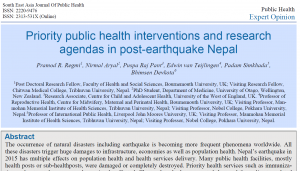 ons and research agendas in post-earthquake Nepal’ [1] which has been accepted by South East Asia Journal of Public Health will be freely available in April this year, talks in detail around impact of the Nepal’s earthquake on population health and health system infrastructure. This is a collaborative work among researchers of universities in the UK, Nepal and New Zealand. FHSS’s Dr Pramod Regmi (lead author) along with BU Professor Edwin van Teijlingen, BU visiting Professor Padam Simkhada (Liverpool John Moores University, UK), Nirmal Aryal (University of Otago, New Zealand), Dr Puspa Raj Pant (University of the West of England, UK) and Professor Bhimsen Devekota (Tribhuvan University, Nepal) have contributed to this paper.
ons and research agendas in post-earthquake Nepal’ [1] which has been accepted by South East Asia Journal of Public Health will be freely available in April this year, talks in detail around impact of the Nepal’s earthquake on population health and health system infrastructure. This is a collaborative work among researchers of universities in the UK, Nepal and New Zealand. FHSS’s Dr Pramod Regmi (lead author) along with BU Professor Edwin van Teijlingen, BU visiting Professor Padam Simkhada (Liverpool John Moores University, UK), Nirmal Aryal (University of Otago, New Zealand), Dr Puspa Raj Pant (University of the West of England, UK) and Professor Bhimsen Devekota (Tribhuvan University, Nepal) have contributed to this paper.
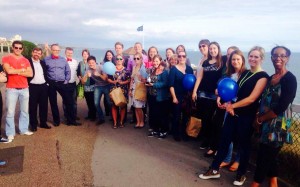
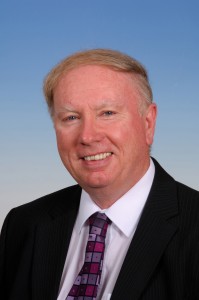
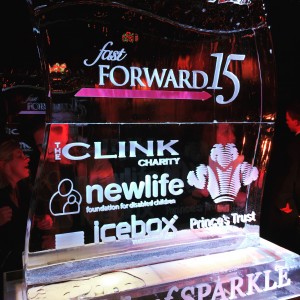
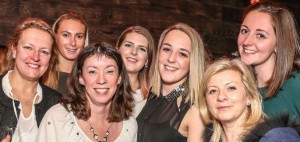
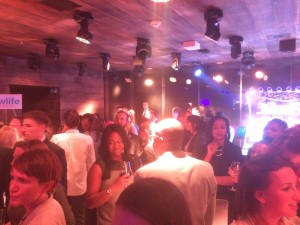 of the programme. Applications recently closed and the events management course in the Faculty of Management has some hopeful applications in the mix. The Fastforward15 graduation and instalment of new mentees takes place at the Langham Hotel in London at the end of April.
of the programme. Applications recently closed and the events management course in the Faculty of Management has some hopeful applications in the mix. The Fastforward15 graduation and instalment of new mentees takes place at the Langham Hotel in London at the end of April.![InnovateUK_LogoA_Interim_RGBx320govuk[1]](http://blogs.bournemouth.ac.uk/research/files/2014/12/InnovateUK_LogoA_Interim_RGBx320govuk11-300x90.jpg) European Funding for the Creative Industries
European Funding for the Creative Industries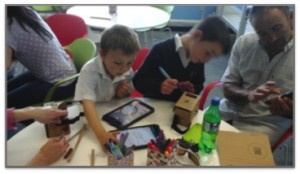

 RKEO
RKEO

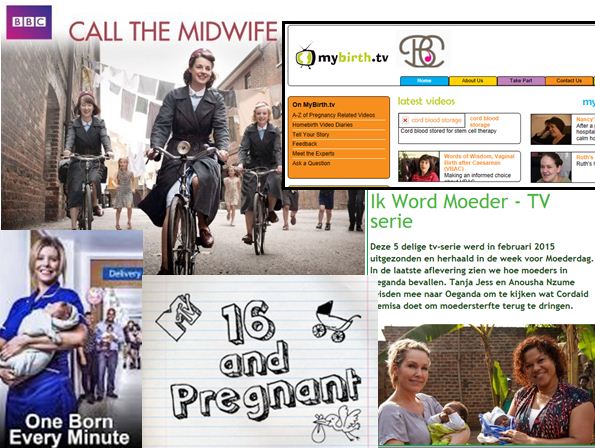
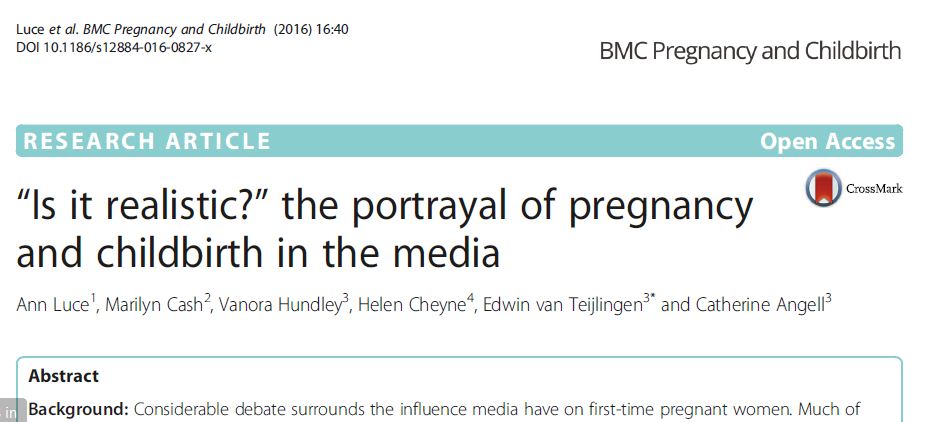
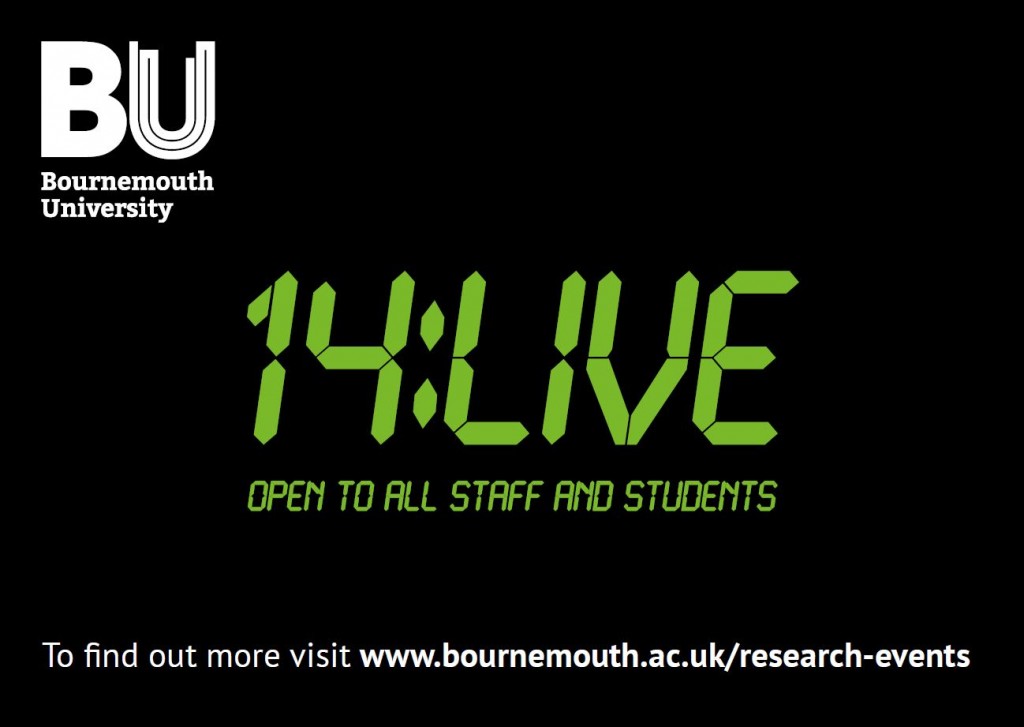

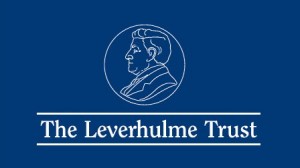 The Leverhulme Trust has released guidance to help support applicants in their project grant applications. The guidance pinpoints several areas that applicants often get wrong when submitting their proposals to The Leverhulme Trust. These are as follows:
The Leverhulme Trust has released guidance to help support applicants in their project grant applications. The guidance pinpoints several areas that applicants often get wrong when submitting their proposals to The Leverhulme Trust. These are as follows:










 From Sustainable Research to Sustainable Research Lives: Reflections from the SPROUT Network Event
From Sustainable Research to Sustainable Research Lives: Reflections from the SPROUT Network Event REF Code of Practice consultation is open!
REF Code of Practice consultation is open! BU Leads AI-Driven Work Package in EU Horizon SUSHEAS Project
BU Leads AI-Driven Work Package in EU Horizon SUSHEAS Project Evidence Synthesis Centre open at Kathmandu University
Evidence Synthesis Centre open at Kathmandu University ECR Funding Open Call: Research Culture & Community Grant – Apply now
ECR Funding Open Call: Research Culture & Community Grant – Apply now ECR Funding Open Call: Research Culture & Community Grant – Application Deadline Friday 12 December
ECR Funding Open Call: Research Culture & Community Grant – Application Deadline Friday 12 December MSCA Postdoctoral Fellowships 2025 Call
MSCA Postdoctoral Fellowships 2025 Call ERC Advanced Grant 2025 Webinar
ERC Advanced Grant 2025 Webinar Update on UKRO services
Update on UKRO services European research project exploring use of ‘virtual twins’ to better manage metabolic associated fatty liver disease
European research project exploring use of ‘virtual twins’ to better manage metabolic associated fatty liver disease